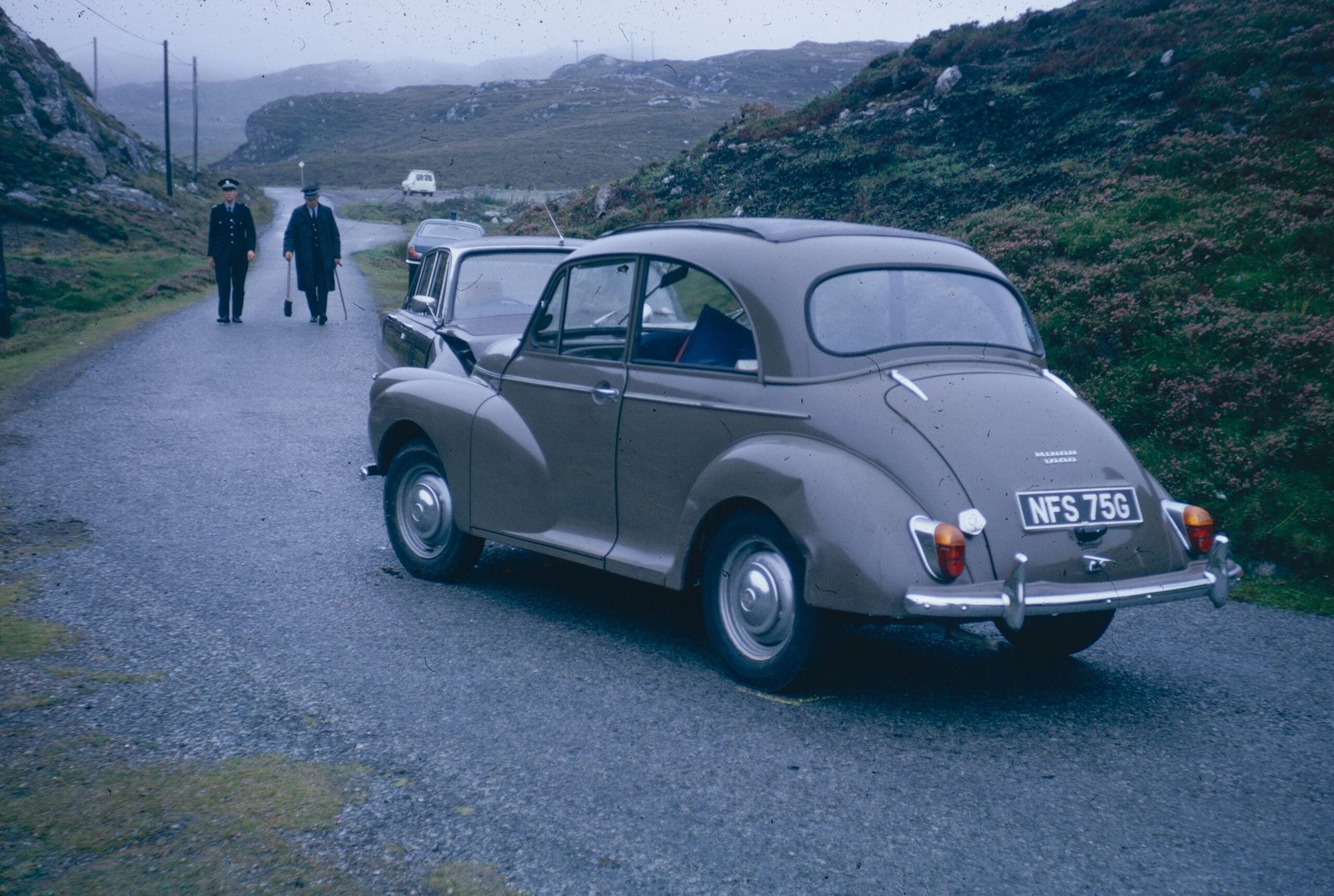Cost-Benefit Analysis
Collision coverage is essential for many drivers, but there comes a point when it may not be cost-effective. If your car’s market value is significantly lower than your annual premium plus deductible, you might be paying more for coverage than you’d receive in a payout.
For example, if your vehicle is worth $2,000 and your deductible is $1,000, it might not make sense to pay an additional $600 annually for collision insurance. Evaluate the trade-off carefully before making any decisions.
Indicators for Switching to Liability Only
Several factors signal it may be time to drop collision coverage:
- Older Vehicles: Cars nearing the end of their usable life often don’t benefit from collision coverage.
- Significant Depreciation: If your vehicle’s value has dropped to a fraction of its purchase price, consider switching to liability-only coverage.
- Savings Goals: Redirecting collision premiums into savings for a new car might be a better financial move.
How to File a Collision Insurance Claim
Steps to Take After an Accident
Filing a claim can be straightforward if you follow these steps:
- Assess the Situation: Ensure everyone is safe and call for emergency assistance if needed.
- Document the Damage: Take clear photos of the scene, including your vehicle, other vehicles, and any relevant surroundings.
- Exchange Information: Collect the names, contact details, and insurance information of any other drivers involved.
- Notify Your Insurer: Contact your insurance company as soon as possible to begin the claims process.
Common Mistakes to Avoid During the Claim Process
- Delaying the Claim: Waiting too long may lead to denial or delays in payout.
- Providing Incomplete Information: Ensure all details are accurate and complete to avoid processing delays.
- Not Reviewing the Policy: Understand your coverage limits and deductible to set realistic expectations for your payout.
Tips for Saving on Collision Coverage
Shop Around for the Best Rates
Insurance premiums vary widely between providers. Regularly comparing quotes can help you find the best deal. Use comparison tools online or consult with independent agents who can provide multiple options.
Bundle Insurance Policies
Combining auto insurance with home, renters, or other policies can result in significant discounts. Many insurers reward loyal customers with lower rates for bundling.
Adjust Your Deductible
Opting for a higher deductible lowers your premium, but ensure you can afford the out-of-pocket cost in case of an accident.
Take Advantage of Discounts
Insurers often provide discounts for:
- Maintaining a clean driving record.
- Taking defensive driving courses.
- Installing safety devices like anti-theft systems.
Common Myths About Collision Coverage
Misconceptions vs. Facts
Some myths surrounding collision insurance can lead to confusion. For instance:
- “It Covers Every Type of Damage”: Collision coverage doesn’t include non-collision incidents like natural disasters or vandalism.
- “It’s Unnecessary for Safe Drivers”: Accidents can happen to anyone, even those with spotless driving records.
What Drivers Need to Know
Educating yourself about the specifics of collision coverage can save you from unpleasant surprises. Don’t rely on assumptions; read your policy in detail or consult your insurer for clarification.
FAQs About Collision Coverage
Can I Skip Collision Coverage on a Leased Car?
No. Most leasing agreements require comprehensive and collision coverage as part of the contract to protect the vehicle’s value.
Does Collision Insurance Cover Other Vehicles in an Accident?
Collision insurance typically only covers damage to your own car. Damage to other vehicles falls under liability coverage.
Is Collision Coverage Required by Law?
No, but it’s highly recommended for newer vehicles or those with outstanding loans. Lenders often mandate it as part of the financing agreement.
How Can I Reduce Collision Coverage Costs?
Consider raising your deductible, bundling policies, or maintaining a clean driving record to lower premiums.
What Happens if I Don’t Have Collision Coverage?
Without collision insurance, you’re responsible for all repair or replacement costs for your vehicle after an at-fault accident.








